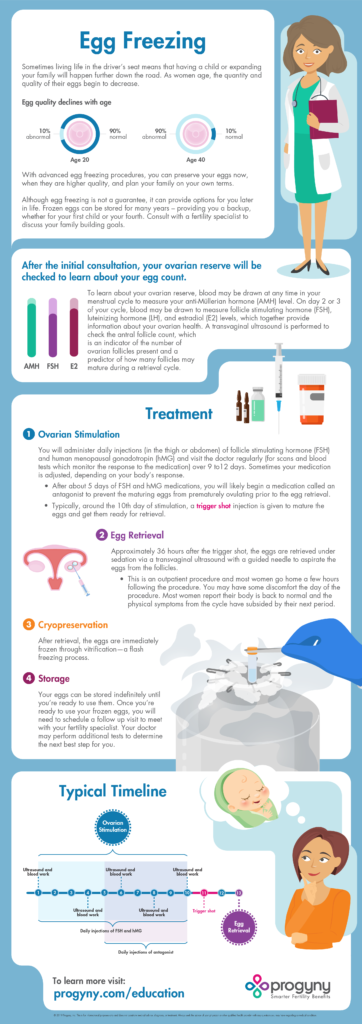Use Egg Freezing to Preserve Your Fertility
Freezing your eggs could be one of the most important steps you’ll ever take when it comes to protecting your future fertility dreams. Egg freezing technology has come a long way and – in fact – technological innovations have made “egg freezing” an outdated term. These days, eggs are vitrified, a process that transforms them into a non-crystalline solid, making them better able to stand up to the thawing process.
Note: Research egg freezing facilities carefully and investigate their safety protocols to ensure you’re making the right choice. Visit our page regarding, The Safety Of Your Frozen Eggs & Embryos, to learn more about our stringent protocols here at the Fertility Center of Dallas.
Egg freezing – or oocyte vitrification was originally pioneered to promote fertility preservation for women with cancers, or cancer treatments, threatening their fertility. It’s now used for a variety of candidates.



